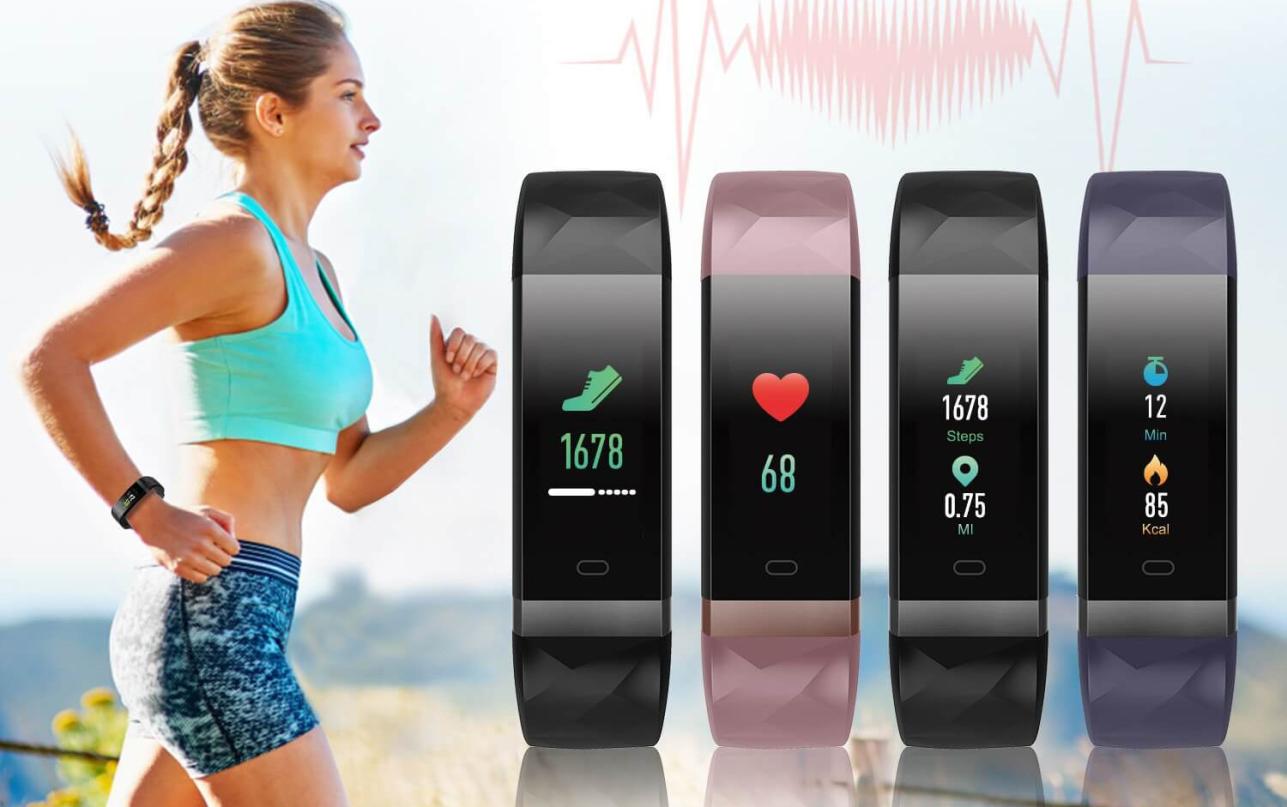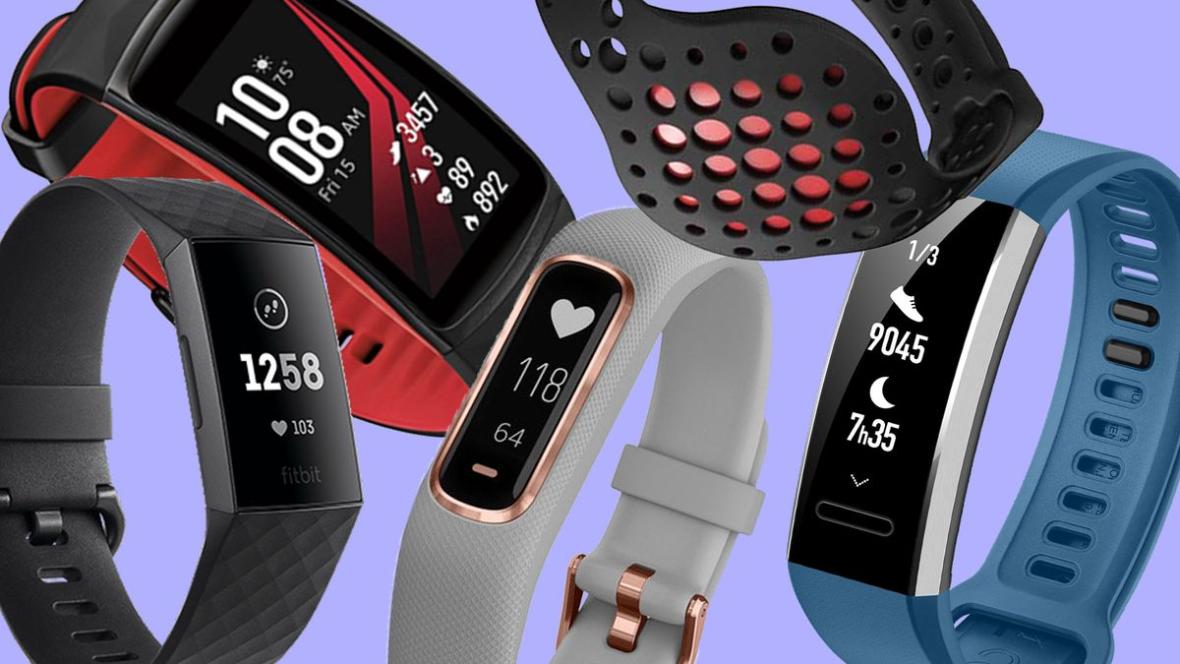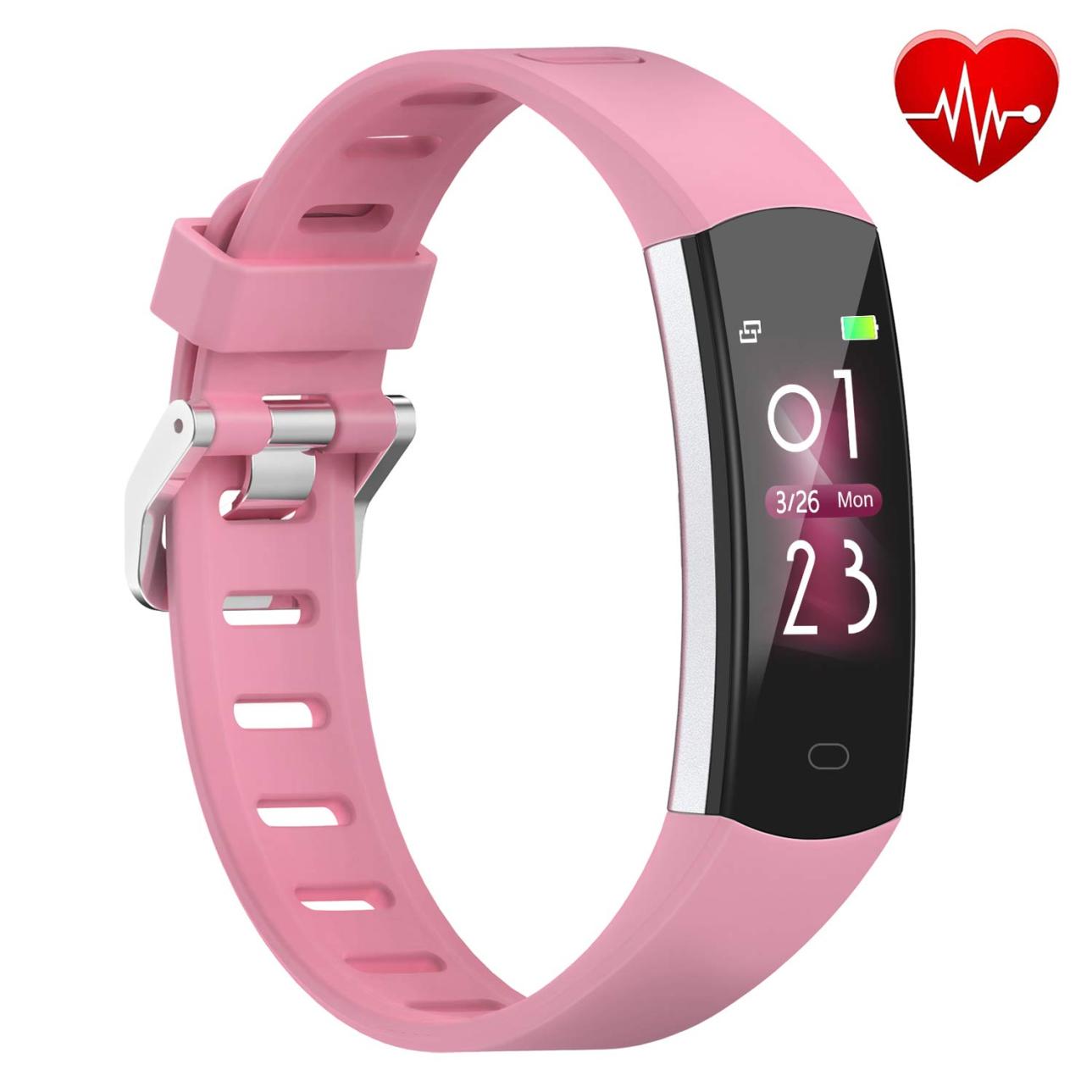How Do I Choose the Right Fitness App or Tracker for My Needs?
Fitness apps and trackers have become increasingly popular in recent years, as people strive to improve their personal health and fitness. With a wide range of options available, choosing the right app or tracker can be a daunting task. This step-by-step guide will help you select the best fitness app or tracker for your unique requirements.

I. Understanding Your Fitness Goals And Needs
Before you start exploring fitness apps and trackers, it's important to reflect on your fitness objectives and needs. Ask yourself the following questions:
- What are my fitness goals? (Weight loss, muscle building, improved cardiovascular health, etc.)
- What is my current fitness level? (Beginner, intermediate, or advanced)
- What are my preferred activities? (Running, cycling, swimming, yoga, etc.)
- What is my budget for a fitness app or tracker?
- What devices do I own? (iOS, Android, or both)
II. Researching And Evaluating Fitness Apps And Trackers
Once you have a clear understanding of your fitness goals and needs, you can start researching and evaluating different fitness apps and trackers. Here are some tips:
- Explore various app stores and reputable review websites to find popular and well-rated apps.
- Read user reviews and ratings to gain insights into app performance and features.
- Compare features and functionality of different apps, such as GPS tracking, heart rate monitoring, sleep tracking, calorie counting, and activity tracking.
- Consider the app design and user interface, ensuring that it is easy to use, intuitive to navigate, and visually appealing.
III. Matching Your Needs With App Features
When evaluating fitness apps and trackers, it's important to match your specific needs with the features offered by the app. Here are some key features to consider:
- GPS tracking: Essential for outdoor activities like running and cycling.
- Heart rate monitoring: Crucial for tracking cardiovascular health and optimizing workouts.
- Sleep tracking: Beneficial for individuals seeking to improve sleep quality and duration.
- Calorie counting: Helpful for weight loss and weight management goals.
- Activity tracking: Monitors steps taken, distance covered, and calories burned.
IV. Additional Considerations

In addition to the core features, there are a few other factors to consider when choosing a fitness app or tracker:
- Compatibility with other devices and apps: Ensure that the app seamlessly integrates with smartwatches, fitness bands, and other health tracking devices.
- Data privacy and security: Choose an app that adheres to strict data protection standards to safeguard your personal information.
- Ongoing support and updates: Look for apps with regular updates and customer support to ensure that you have access to the latest features and bug fixes.
V. Making The Final Decision
After thoroughly researching and evaluating different fitness apps and trackers, it's time to make the final decision. Here are some tips:
- Narrow down your options based on your research and evaluation.
- Consider trying out multiple apps or trackers for a short period to find the best fit.
- Choose the app or tracker that aligns with your goals, needs, and budget.
VI. Conclusion

Choosing the right fitness app or tracker is a personal decision that requires careful consideration of your goals, needs, and preferences. By following the steps outlined in this guide, you can select the best app or tracker to help you achieve your fitness aspirations. Remember, the key to success is consistency and dedication, so find an app or tracker that motivates you to stay active and work towards your fitness goals.
YesNo

Leave a Reply